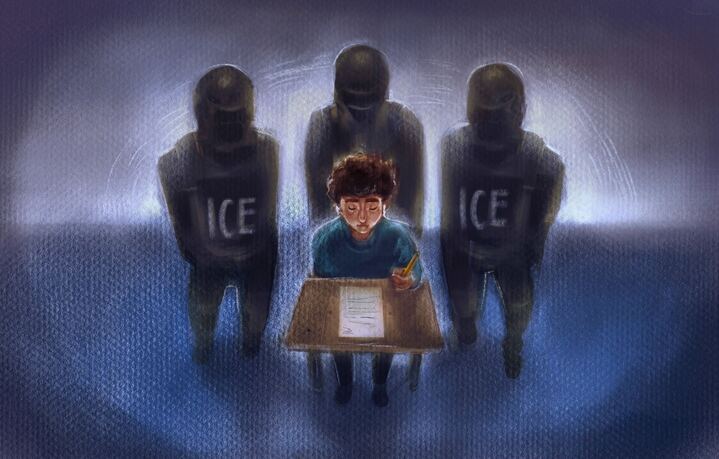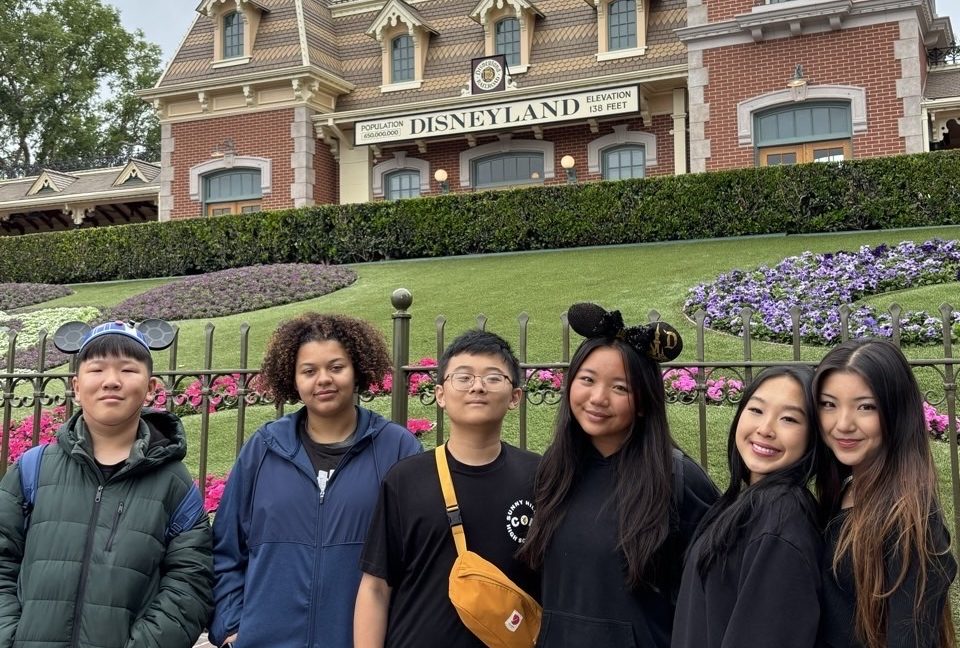Talks of social media restrictions for adolescents are nothing new in today’s society. From Florida’s Online Protections for Minors bill and the Utah Social Media Regulation Act, the recent influx of teens on social media platforms prompted many states to take legal action to combat addiction.
With its introduction of State Bill [SB] 976, California recently joined this lineup of states.
The number of teens on social media platforms has drastically increased in the recent decade, making the development of policies such as SB 976 necessary to decrease rates of addiction among young audiences.
SB 976, also known as the “Protecting Our Kids from Social Media Addiction” bill, proposes the establishment of restrictions on minors’ access to such platforms. This proposal, which is yet to be passed, forbids platforms from sending notifications to adolescents during the night or the school day; moreover, they will abstain from sending endless, addictive feeds without parental consent.
Proposed by California State Senator Nancy Skinner during a press conference held in Oakland on Monday, Jan. 29, SB 976 is awaiting consideration in the Assembly as of Sunday, May 26.
By limiting minors’ vulnerability to the addictive features of social media, the proposed bill helps prevent teens from spending an excessive amount of time on applications and lowers their exposure to content that may negatively impact their mental health. Boundaries must be passed and enforced, especially in our media-dependent generation.
The concept of social media itself — the likes, the comments, the posts and the never-ending stream of information — was created for the sole purpose of luring viewership; therefore, for teenagers whose brains are still developing, social media is equivalent to a rabbit hole.
According to an article from addictionhelp.com, 10% of Americans are addicted to social media addicts, and with 75% of teenagers in the United States on social media, it is expected that rates of addiction will only rise in the following years.
The dire consequences of addiction make it necessary for the state to take action to combat its spread among adolescents, which may be done through the pending proposal.
Overexposure to social media can leave minors vulnerable to mental health disorders such as anxiety, depression and attention deficit disorder, according to a June 2022 article by Jefferson Health.
In addition, a 2015 CNN study on 13-year-olds revealed individuals who checked their social media more than 50 times a day were 37% more troubled than those who checked less; moreover, participants who checked platforms more than 100 times per day were reported to be 47% more distressed.
Clearly, spending large amounts of time on these platforms has detrimental effects on one’s mental health, but with social media’s innate addictiveness, these behaviors are only encouraged.
So what can be done to combat these extreme statistics?
By removing addictive features, SB 976 would help teens all over the state avoid getting dragged into the whirlpool of social media addiction while maintaining their access to content and allowing us to reap the benefits of platforms yet avoid hindrances to our well-being.
While the passing of SB 976 remains in the discussion, this bill ensures the mental wellness of adolescents and should serve as a model for future proposals that aim to protect young adults on various social media platforms.














